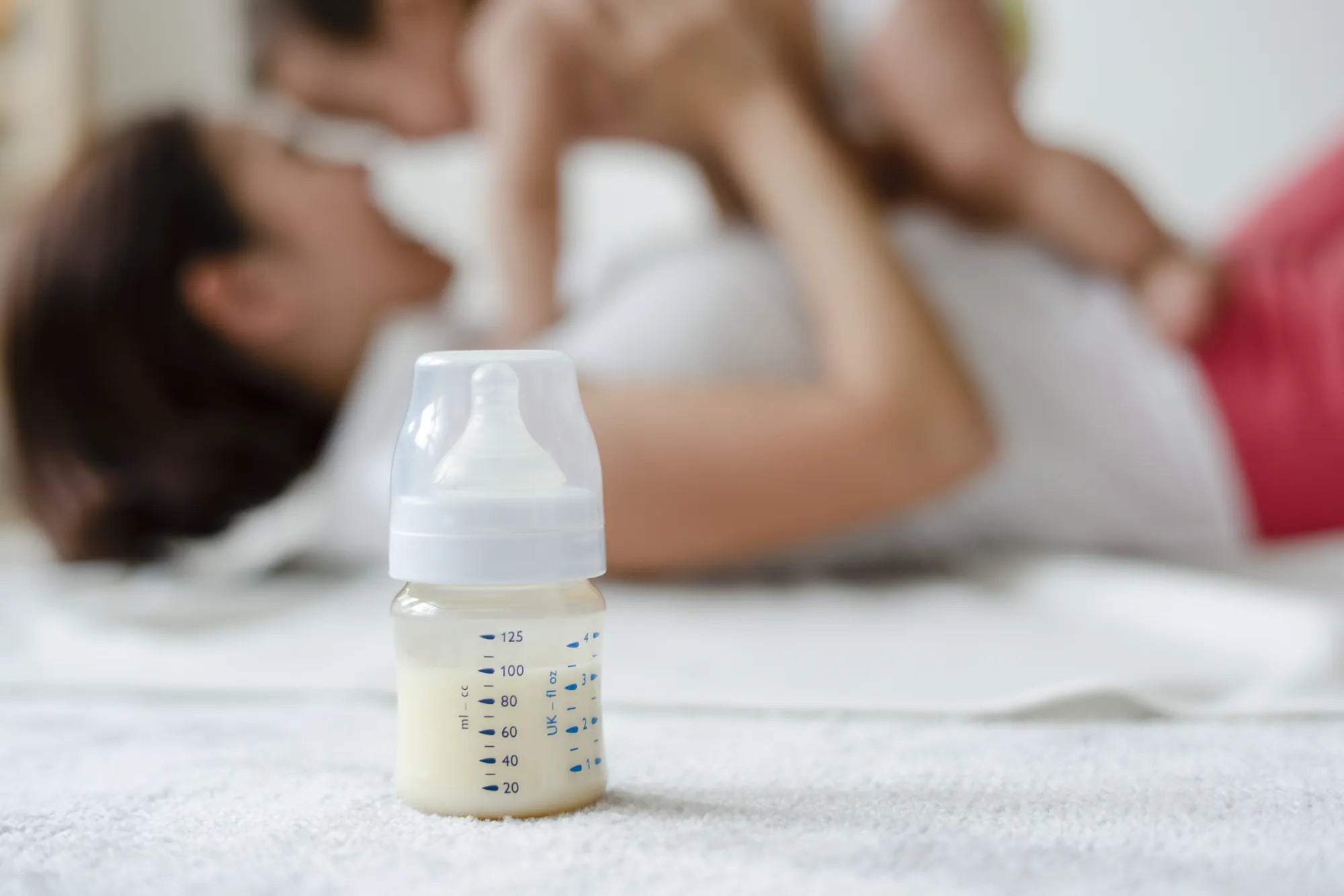Home
Pregnancy, Breastfeeding, and Pumping: The Ultimate Guide for Moms
Are Breast Pumps Loud? Exploring Noise Levels and Solutions

Are Breast Pumps Loud? Exploring Noise Levels and Solutions
When it comes to breastfeeding, many mothers turn to breast pumps for convenience and flexibility. However, one common concern that often arises is the noise level of these devices. Are breast pumps loud? The answer isn't straightforward, as it depends on various factors. In this article, we'll delve into the noise levels of breast pumps, what influences their sound, and how you can minimize disruptions for a more peaceful pumping experience.
Understanding Breast Pump Noise Levels
Breast pumps, like any mechanical device, produce some level of noise. The sound can range from a gentle hum to a more noticeable whirring or clicking noise. The noise level is typically measured in decibels (dB), and most breast pumps fall within the range of 30 to 60 dB. To put this into perspective, a whisper is around 30 dB, while normal conversation is about 60 dB. While some pumps are designed to be quieter, others may be more audible, especially in quiet environments.
Factors That Influence Breast Pump Noise
Several factors contribute to the noise level of a breast pump. Understanding these can help you make an informed decision when choosing a pump or finding ways to reduce noise.
1. Type of Breast Pump
There are two main types of breast pumps: manual and electric. Manual pumps are generally quieter since they don't rely on motors. Electric pumps, on the other hand, tend to be louder due to their mechanical components. However, advancements in technology have led to quieter electric models.
2. Motor Strength
The strength of the motor plays a significant role in noise production. Pumps with more powerful motors may produce more noise, especially at higher suction levels. However, some high-powered pumps are designed with noise-reduction features to counteract this.
3. Design and Build Quality
The design and build quality of a breast pump can greatly affect its noise level. Pumps with better insulation and precision engineering are often quieter. Look for models that prioritize noise reduction in their design.
4. Usage Environment
The environment in which you use the pump can also influence how loud it seems. In a quiet room, even a moderately quiet pump may sound louder. Conversely, in a noisy environment, the pump's sound may be less noticeable.
How to Reduce Breast Pump Noise
If you're concerned about the noise level of your breast pump, there are several strategies you can employ to minimize disruptions.
1. Choose a Quieter Model
When selecting a breast pump, consider models that are specifically designed to be quiet. Look for reviews or product descriptions that highlight noise reduction features.
2. Use Soundproofing Materials
Place the pump on a soft surface, such as a towel or cushion, to absorb vibrations and reduce noise. You can also use a soundproofing box or cover to muffle the sound further.
3. Pump in a Noisy Environment
If possible, pump in an environment with background noise, such as a room with a fan or white noise machine. This can help mask the sound of the pump.
4. Maintain Your Pump
Regular maintenance can help keep your pump running smoothly and quietly. Clean and inspect the pump regularly to ensure all parts are functioning correctly and replace any worn-out components.
5. Use Headphones or Earplugs
If the noise bothers you, consider using noise-canceling headphones or earplugs while pumping. This can help you focus on other tasks or relax without being distracted by the sound.
Impact of Breast Pump Noise on Daily Life
The noise level of a breast pump can have various impacts on daily life, especially for mothers who pump frequently or in shared spaces. Here are some considerations:
1. Privacy and Discretion
For mothers who pump in public or shared spaces, a quieter pump can provide more privacy and discretion. This can be particularly important in workplaces or other environments where noise may draw unwanted attention.
2. Sleep Disruption
If you pump during nighttime hours, a loud pump may disrupt your sleep or that of your baby. Opting for a quieter model can help ensure a more restful experience.
3. Stress and Comfort
Constant noise from a breast pump can be stressful and uncomfortable, especially during long pumping sessions. A quieter pump can contribute to a more relaxed and enjoyable experience.
Quiet Breast Pumps: Are They Worth It?
Quieter breast pumps often come with a higher price tag, but many mothers find the investment worthwhile. The benefits of reduced noise, increased discretion, and improved comfort can make a significant difference in the overall pumping experience. When considering a quieter pump, weigh the cost against the potential advantages to determine if it's the right choice for you.
Final Thoughts on Breast Pump Noise
Are breast pumps loud? While some models are quieter than others, most pumps produce some level of noise. By understanding the factors that influence sound and implementing strategies to reduce noise, you can create a more comfortable and discreet pumping experience. Whether you're pumping at home, at work, or on the go, finding a balance between functionality and noise level can make all the difference in your breastfeeding journey.
Share

